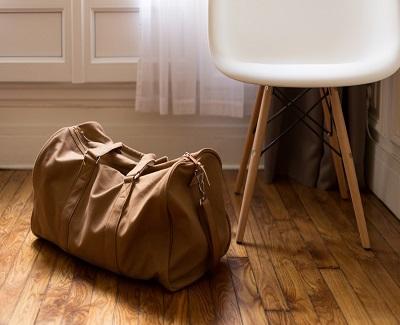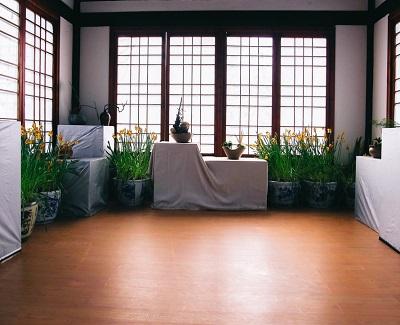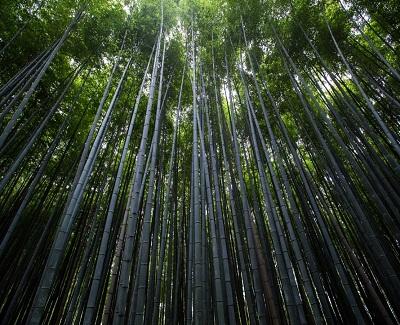When we talk about hardwood flooring, very rarely do we consider bamboo flooring a part of it even though it is essentially the same as the other common hardwood flooring and shares many of the same qualities. Technically bamboo is grass but because it is equally as hard as or sometimes even harder than wood, its floors are classified as hardwood.
Typically, bamboo flooring is an interesting afterthought to any floor related discussion, however, its qualities and the relative inexpensiveness makes it a very economical and worthy option for your house. A report published last year revealed that 59% of wood manufacturers in America think that the hardwood flooring will have an even better future.

Slowly and gradually more people are turning to bamboo as a floor choice. Among the more environmentally conscious of the consumers especially, bamboo flooring has become very popular due to it leaving almost no environmental waste in its wake. Although its other qualities are a good enough advocate to ensure bamboo flooring’s rise in the market.
Production of Bamboo Floors
Unlike other trees, bamboo plants only take five or six years at most to harvest. In addition to that, growing and harvesting bamboo is not harmful to the ground and the nearby plant in any way, thus further ensuring its status as an eco-friendly plant.
The process of producing floors out of raw plants is quite interesting. The hull of bamboo is removed and the inner stem is cut into long strips. In some areas, these strips are dried and nailed down to bigger pieces of wood or bamboo. Whereas in the developed countries, these strips are boiled into a lime or boric acid solution in order to remove moisture, sugar and starch.
The boiling process makes the bamboo termite proof as well as capable of handling any expansion or contraction due to changing weather. To darken the color or soften the bamboo, the strips often go through a carbonization process.

Types of Bamboo Flooring
With the processed bamboo strips, the following three types of floors can be made.
1.) Strand Woven Bamboo Flooring
Strand woven bamboo flooring is made from the strands that would be called “wasted material” if it were any other type of wood. The strands are collected after they are trimmed from the bamboo during the milling process. These thin strands are woven together and then compressed heavily with resin which creates a very hard, smooth and beautiful floor, which is more robust than other forms of bamboo flooring.
2.) Horizontal Grain Bamboo Flooring
Horizontal bamboo flooring is where the bamboo fillets i.e. the processed thin strips, are arranged on their widest edge horizontally, all facing up, and then joined together with the help of powerful adhesives. If the surface then seems uneven, a high-pressure lamination process is used to ensure uniform thickness across the board.
3.) Vertical Grain Bamboo Flooring
Vertical bamboo floors are created in a very similar yet opposite way compared to the horizontal. The strips are joined together vertically using adhesives and then pressed sideways usage a powerful laminate system. This gives the flooring a very smooth look very reminiscent of traditional hardwood flooring.
All types of bamboo floors are installed with the help of the usual tongue and groove system which is pre-provided with the floors by the manufacturers.
Advantages of Installing Bamboo Floors
- Bamboo floors don’t cost a lot. They are certainly a lot more Inexpensive compared to traditional hardwood flooring, despite sharing many of the same qualities.
- Bamboo Flooring is a very stylish choice. Much like the pristine look of a premium hardwood floor, bamboo also gives your house something extra. If you get darker shades, then it b3comes harder and harder to differentiate between the two by just looking.
- Bamboo floors are very hard and strong and can match most other floors. They are also very durable. A non-carbonized, strand woven floor is harder than most hardwood floors.

- Another plus point is that these floors are very easy to maintain. You can easily furnish it in new ways or update its look without compromising on its durability, beauty and style.
- Bamboo floors, from their harvesting to production to installation, are very environment-friendly and leave no waste in their wake.
If you are looking to install a new floor in your house, bamboo flooring can be a very good choice for you. It gives you everything other flooring options would do, it is just a little less known. You can become a trendsetter among your circle by choosing it today!
